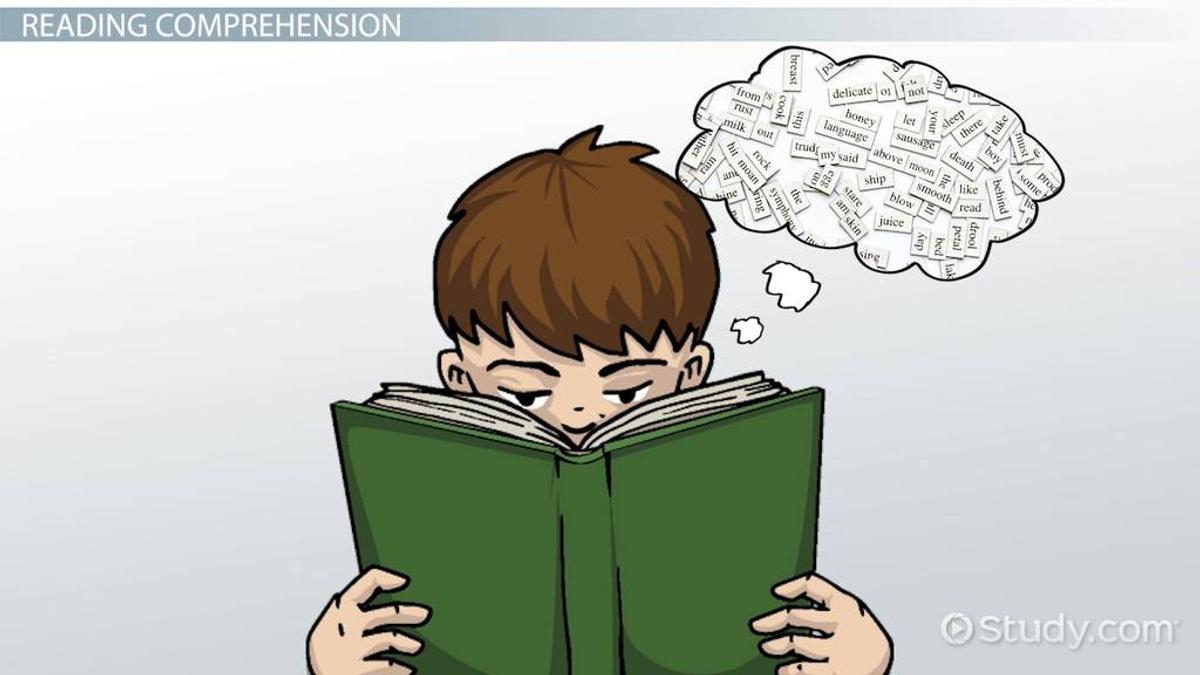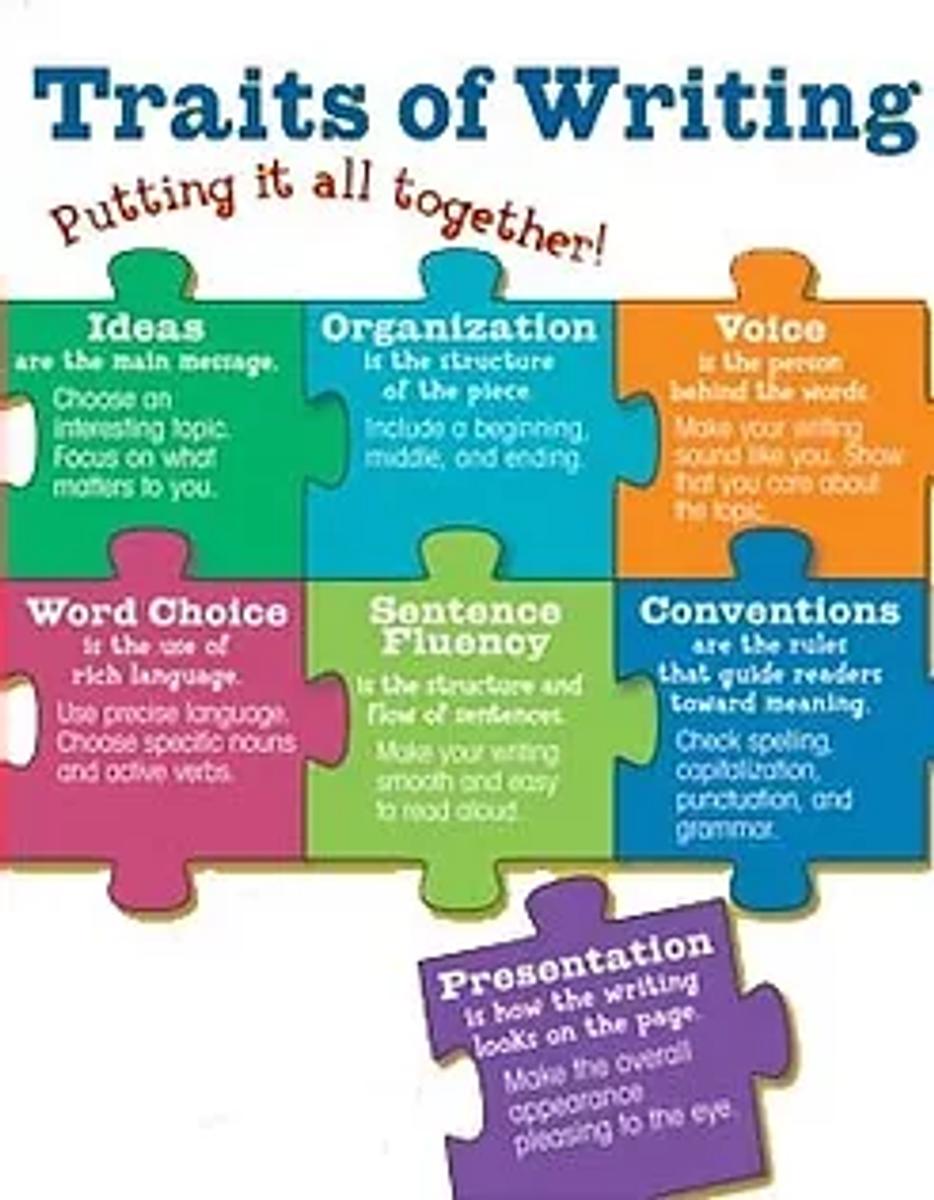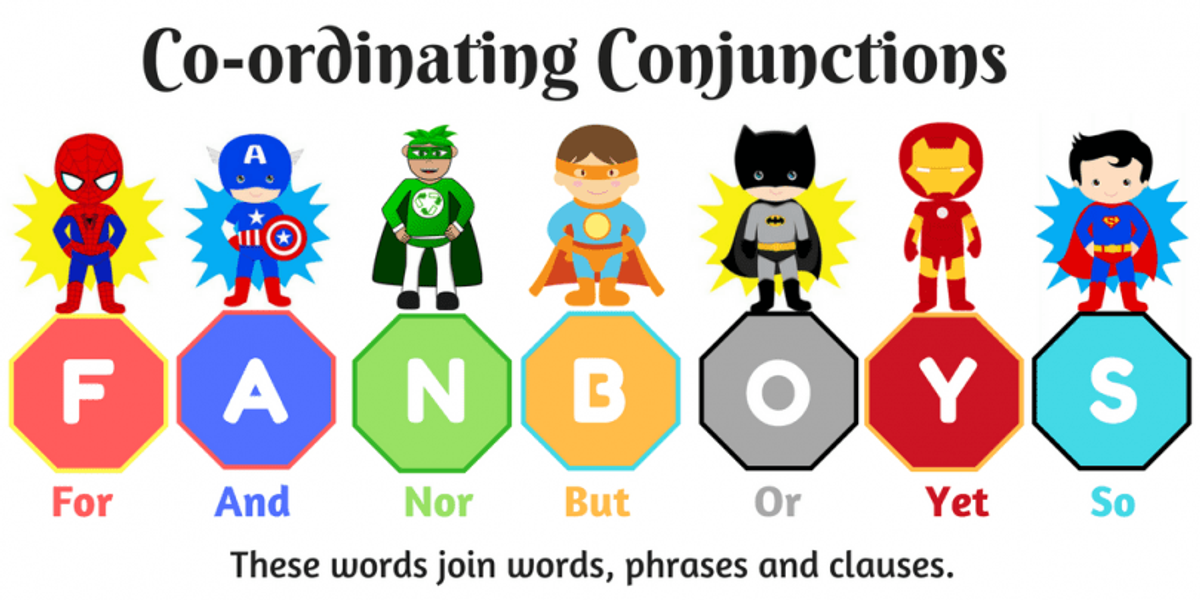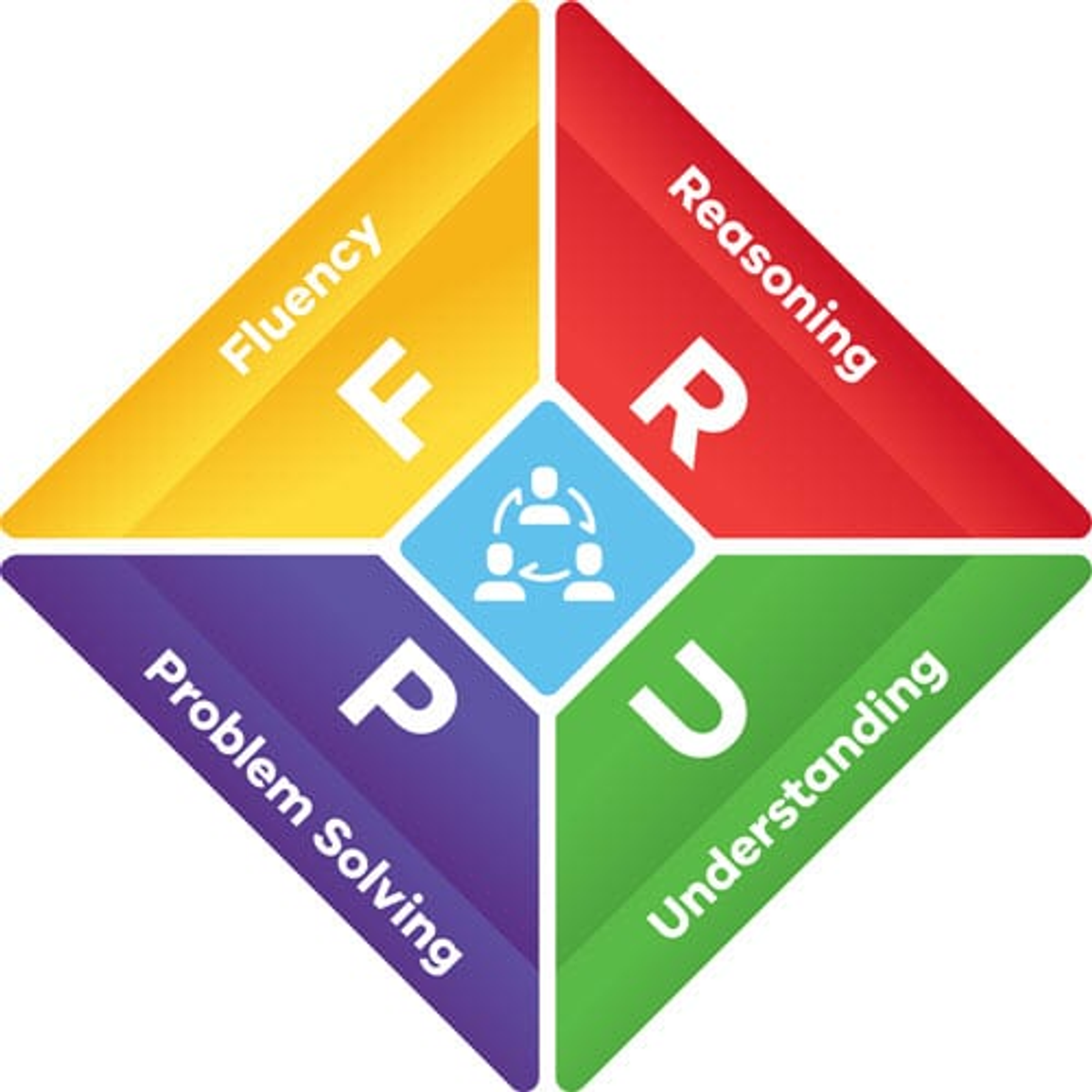Level 6
Term 4: Monday 5th October - Friday 18th December (11 Weeks)

Level 6
Term 4: Monday 5th October - Friday 18th December (11 Weeks)
Key Information - Term 4 priorities
Priority 1 – Mental health and wellbeing
Our highest priority is the mental health, safety and wellbeing of every student and member of staff.
Priority 2 – Learning
Some students have been able to more quickly progress in their learning in the remote and flexible learning environment, others have maintained their rate of progress, and some have, despite their best efforts have found it difficult.
Priority 3 – Transitions
Term 4 is a critical period, particularly for Grade 6 going into Year 7. Students in other year levels will also prepare for a change of teachers and new classmates.
A key focus of Term 4 will be to make every effort to ensure each of these end-of-year and beginning-of-year transitions occurs as successfully as possible.


Reading
In this term, students will learn strategies enabling them to read, process and understand all types of texts. Strategies including ‘Ask questions during the reading process’, ‘Infer and support with evidence’ and ‘Use prior knowledge to predict and connect with the text’ will be modelled and explicitly taught to ensure students understand what they read. Included in the reading program will be teaching students approaches for understanding, and expanding vocabulary encountered in texts. There will be demonstrations and tasks linked to the strategies of ‘Use prior knowledge and context clues’, ‘Trade a word, guess a word’ and ‘Tune into interesting new words’, which will provide students with different methods to define the meaning of unfamiliar words in both fiction and nonfiction texts.
Key Questions to ask at home:


Writing
We use the 6 Plus One Traits of Writing program which covers the traits of voice, conventions, sentence fluency, ideas, organisation and word choice, with the plus one being a presentation. Modelling to students on how to use these traits will be done to grow students’ writing skills. For this final stage of the year, writing is dedicated to the creation of a ‘Reflection of Primary School’ writing portfolio. The students have had seven years of primary school and the criteria for this task requires them to write a different genre text for each year level. The writing genres include ‘letter, recount, narrative, description, persuasive, report and poem’. Each piece will have a planner, a draft (or several) and a published piece that will be presented in a scrapbook and displayed in a COVID safe way for others to see and admire.
Key Questions to ask at home:


Spelling and Grammar
We are continuing to use the Jolly Phonics Spelling and Grammar program to strengthen students’ abilities with spelling patterns and rules, along with revisiting basic and introducing advanced grammar concepts. They will have the opportunity to learn, experiment, practice and use a variety of language structures to enhance their spelling strategies, writing and communication skills.
Key Questions to ask at home:


Numeracy
In Term 4, we will be further developing our knowledge of measurement and geometry by looking at unit sequences focused on location, transformation and geometric reasoning; more specifically, mapping, cartesian planes, shape, and angles.
Through planning and implementation of our lessons, an integral part will be on the four maths proficiencies; understanding, problem-solving, reasoning and fluency.
Being that we have been on remote learning for the last two terms, we will also be revising number facts, the four operations (addition, subtraction, multiplication and division) and times tables.
Key Questions to share at home;
Inquiry
Throughout Inquiry in Term 4 students will be undertaking a unit of work called ‘Passport to the World’. This unit is based on geography and will focus on student-led research about the world, what connects our communities, and the things that define us. In particular, students will research notable landmarks, cultural differences, traditions and celebrations and cuisines; students will compare and contrast these with the experiences they have had.
This unit also has a focus on mapping and location, adapting the learnings around cartesian planes and mapping from our mathematics unit throughout Term 4, and applying these skills within their Inquiry unit.
Key Questions to share at home: